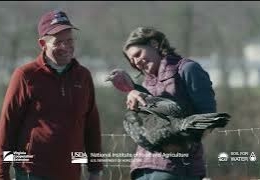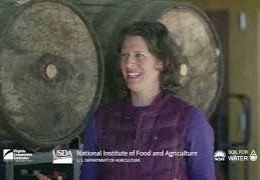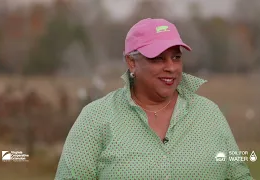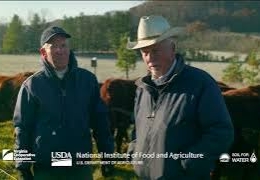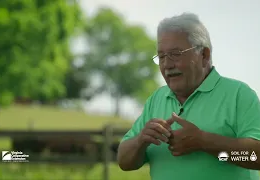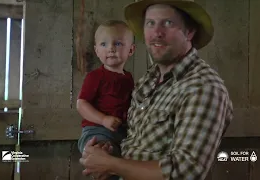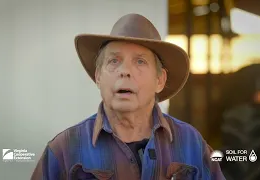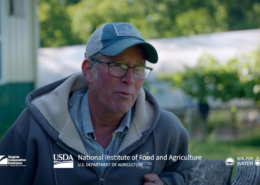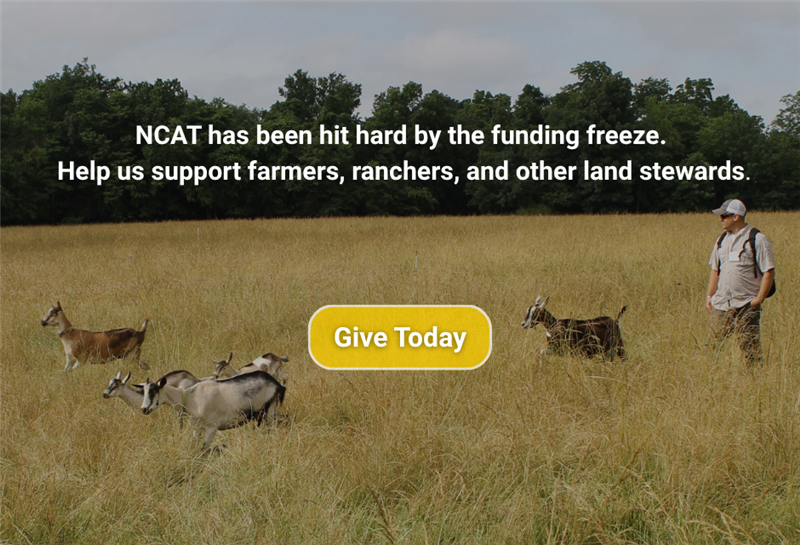Soil
Healthy soil is the foundation for long-term success for all farms and ranches. Whether organic or conventional, raising livestock or crops, your operation will benefit when you continually improve your soil’s health. ATTRA’s soil resources can help you prevent soil erosion, increase soil organic matter and water holding capacity, manage soil fertility, and improve the profitability of your farm.
Unhealthy soil doesn’t absorb much water. Healthy soil acts like a sponge, capable of holding hundreds of thousands of gallons of water in an acre. Regenerative farming practices enable the soil to capture rainfall that otherwise might disappear as runoff. Economically, these practices can increase crop and forage production, drought resilience, access to lucrative new markets, and therefore profitability. Environmentally, they can improve soil health and biodiversity.
Soil for Water
Soil for Water supports an expanding network of farmers and ranchers who are taking steps to catch and hold more water in the soil. The Soil for Water project grew out of the western megadrought, which is putting a strain on agricultural producers across the country.
The free and voluntary program combines the use of appropriate technology, peer-to-peer learning, and adaptive management to encourage the adoption of regenerative agricultural practices. The Soil for Water project is about building lasting infrastructure and connecting dynamic agricultural producers that will make farms, ranches, and communities more resilient in the face of persistent drought and other natural disasters.

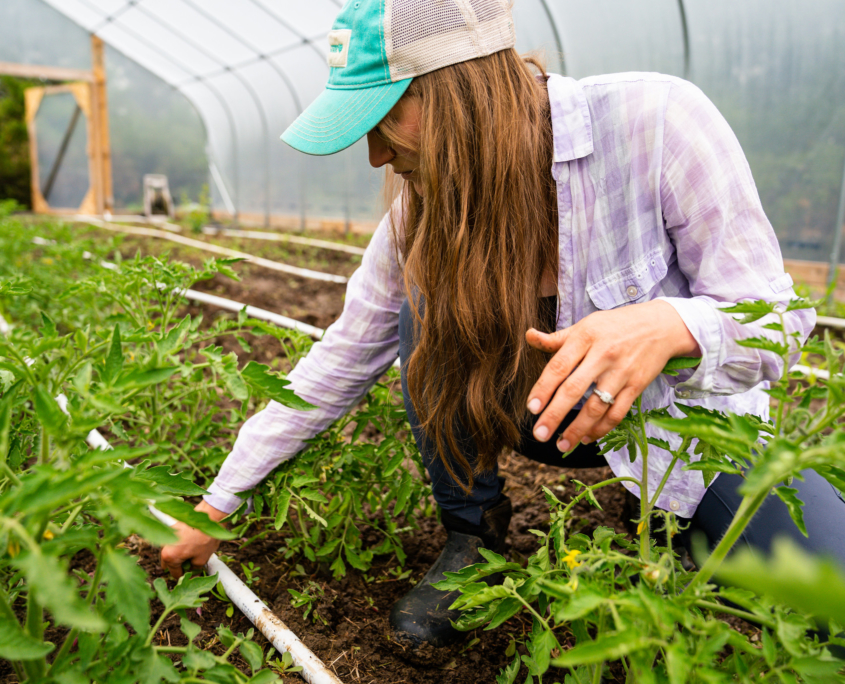
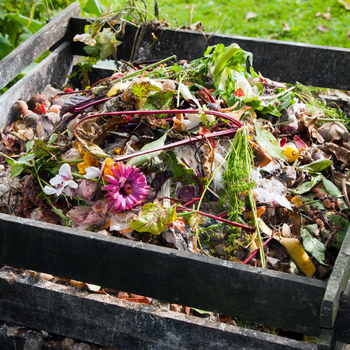
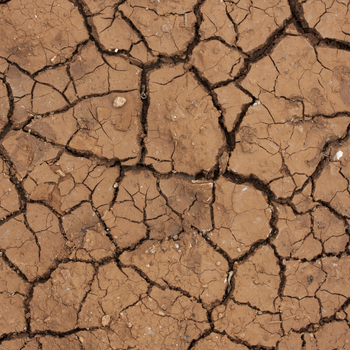

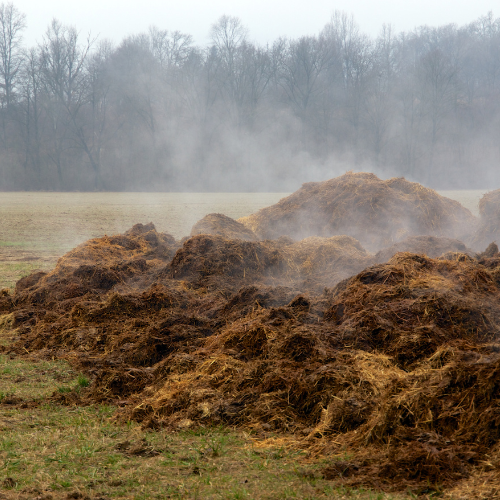
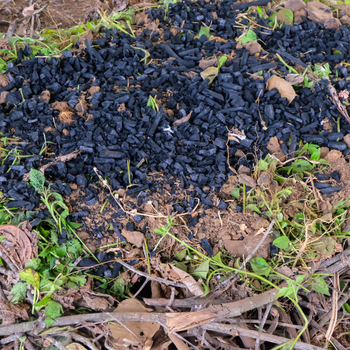

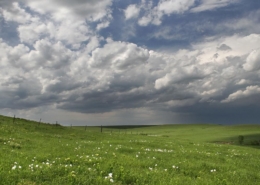
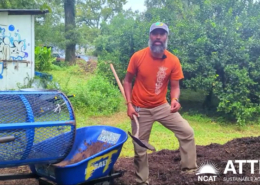
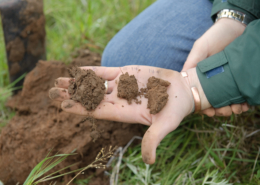
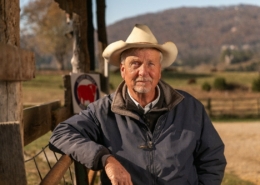
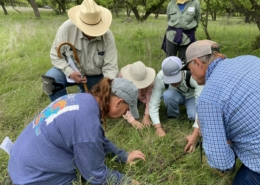
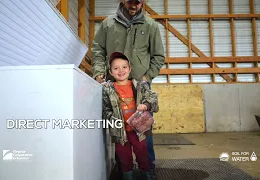
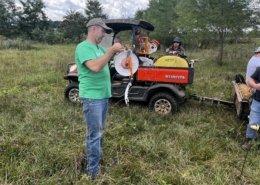
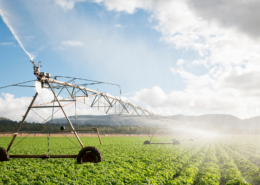 Canva Pro
Canva Pro